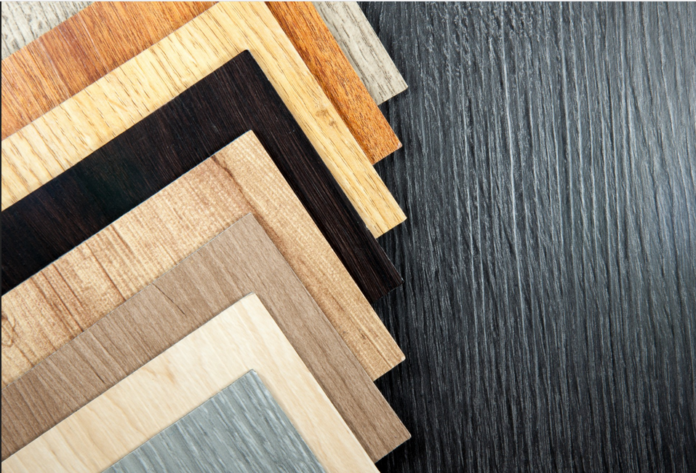The carpet in your living room is stained and torn, and the tile in your kitchen has whole chunks missing. You can’t escape the truth any longer: your floor needs a serious makeover.
When it comes to options, hardwood and vinyl floors often rise as some of the strongest choices. But in this clash of titans, how can you pick the winner for you?
Well, we’re glad you asked. It’s time to take a look at the battle of vinyl flooring vs. hardwood flooring and determine who wins! Now let’s not waste any more time and dig right into things!
The Perks of Vinyl Flooring
One of the main reasons people tend to opt for vinyl flooring is if they are on a budget. This is because vinyl (made from ethylene and chlorine) is a manmade substance that can get churned out fast in a factory, making it easier to procure and treat than genuine hardwood.
You can also purchase vinyl in whole layers as opposed to segmented pieces for large open floors, shaving even more off the cost.
Another perk of vinyl flooring comes from its ease of use. Not only is it less of a hassle to install than its hardwood counterpart, but it also doesn’t require the same level of care and maintenance that a hardwood floor would need to stay flawless.
This is in part due to the chemical mixture which makes up vinyl, helping it to reject moisture (and subsequent wood rot). It dampens sound better than hardwood, useful if you expect to have noisy kids rampaging through the halls while you’re trying to work (or sleep).
Finally, if you have a heating system in your house that delivers heat to or through the floor, you’ll want to opt for vinyl. While hardwood can work with this type of heating, it requires a lot more planning and construction during the installation phase. You’ll also have to check on it regularly to make sure the heat isn’t damaging the wood.
The Perks of Hardwood Flooring
On the other side of the proverbial ring, hardwood flooring provides a longer lifespan for your floor than vinyl. While vinyl may have moisture and sound resistance, it’s also way more vulnerable than hardwood floors to scratches and dents. While damage to hardwood floors on the top layer can get fixed, vinyl floors have to get replaced once their top protective layer gets compromised.
Hardwood floors also make less of an impact on the environment, as they come from a renewable resource (trees) and do not use up fossil fuels (since ethylene comes from oil). Hardwood floors also pose fewer health risks than vinyl floors, as there is no risk of chlorine gas leaking from hardwood.
Finally, hardwood floors tend to look sleeker and more refined than their vinyl brethren. It also adds more to your home’s resale value than vinyl due to its more expensive and high-quality nature.
If you’re looking for more excellent flooring options outside these two competitors, try taking a look at this guide.
Determining the Winner of Vinyl Flooring vs. Hardwood Flooring
When it comes to the battle of vinyl flooring vs. hardwood flooring, who wins? Well, if you’re looking for the cheap, “battle-ready” option, vinyl’s your man. If you’re instead in the market for something with a little more class and value, hardwood floors won’t steer you wrong.
But what about maintaining these floors? Weighing the pros and cons of other flooring materials?
If that sounds like you, make sure to check out the other articles on our website!










